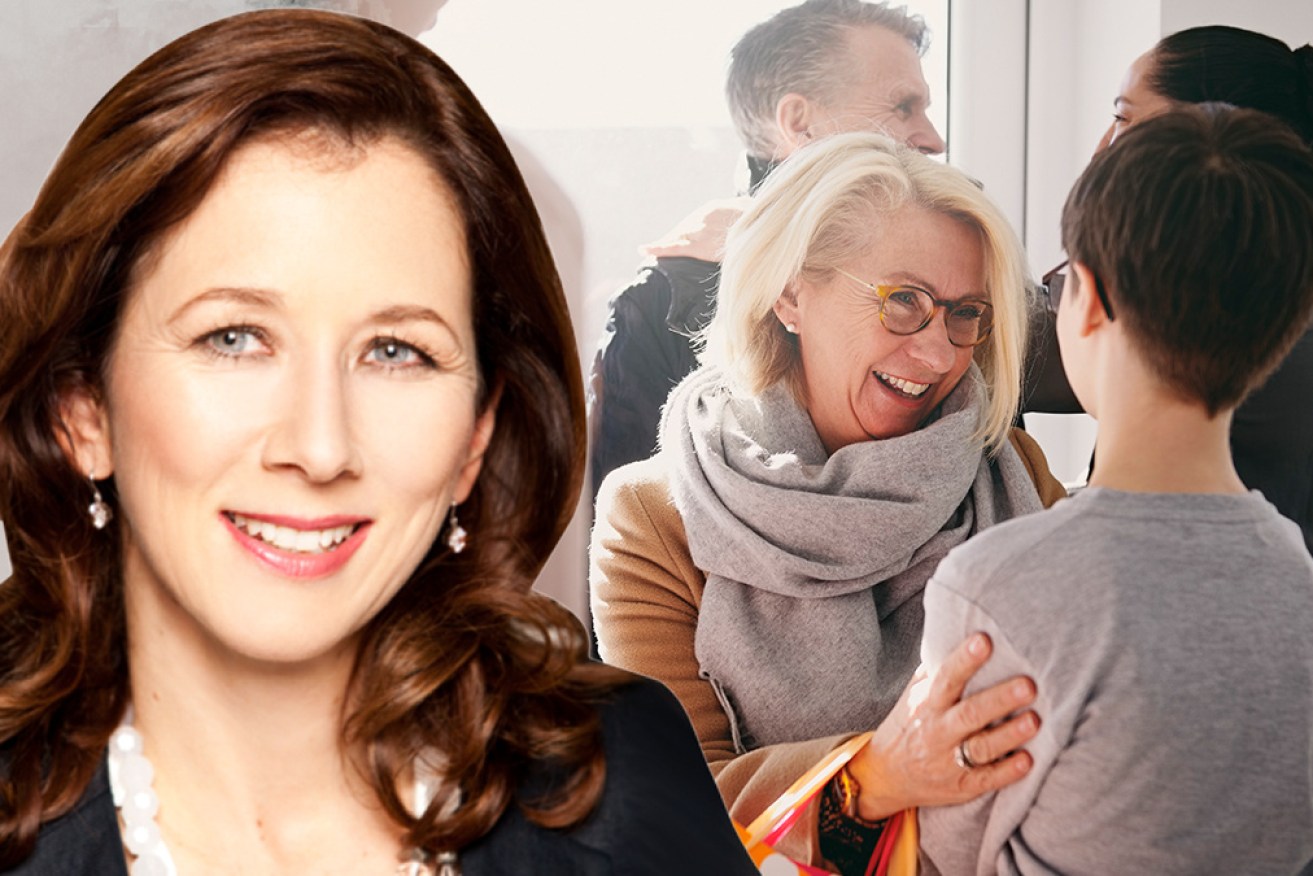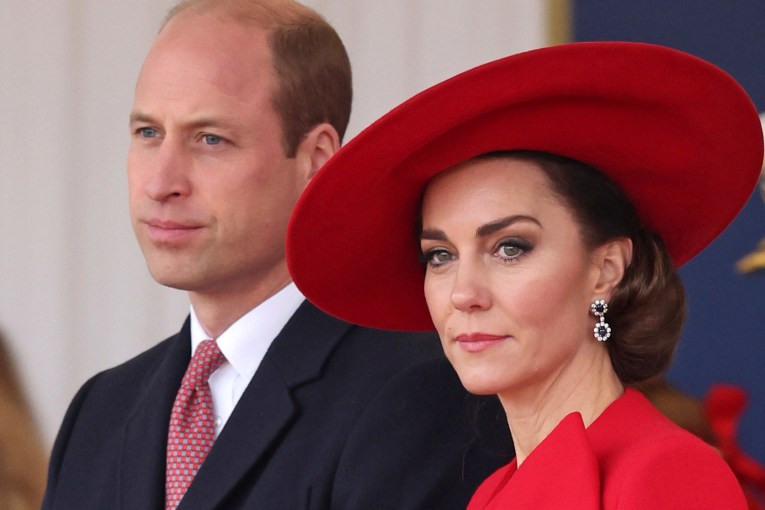Caring and sharing takes a back seat as untouchables remain in a world of pain


The subject of hugging has become a touchy subject in this time of social distancing.
The morning my father died, I spent several grey hours holding his hand and stroking his head.
Afterwards, it struck me that I had probably hugged him more in that grim sliver of time than I had for months, even years.
The thought made me cry. And it made me smile.
I cried because I had realised, too late, how parsimonious I had been with my touch.
Too often distracted, too often in a hurry, I had meted out body contact like a rare currency.
But I smiled too, because I had been lucky to be there with him at the end, to make up for some of the lost time and touch, and he had been at peace.
There were lots of hugs and squeezes, smiles and kisses, in the days after Dad’s death too; a fleeting period of emotional quantitative easing in which my normally restrained extended family spent up big.
I remember reflecting on how different it felt, how healthy and expansive, and questioning a world in which we are routinely pressured to be busy-busy and ever more productive at the expense of touch and tenderness.
Pausing for a hug, that brief compression of space between two humans, costs time and takes a commitment to connection and sharing.
How did we get to a place where so many of us question the value of that investment?
I promised myself I would never forget this insight about the ethereal currency of hugs; that they cannot be deposited, saved or stowed under the bed, that they are either spent when the opportunity arises or they are lost forever.
I didn’t forget. But life did rush on.
Now we have come to a time when physical contact has suddenly been priced out of the market.
A touch, a sigh, a cuddle can kill you, we’re told. So for now, we really must be frugal, refusing to share our touch, except for the select few with whom we live – if we are lucky enough to have loved ones residing with us at all.
I was standing in the bush reserve at the end of our street when this new inflated cost of a hug poleaxed me.
A neighbour and friend had just emerged from a cluster of gums – in a spot where you might sometimes glimpse a koala and yet also enjoy an expansive view of city skyscrapers.
Her body looked lithe and youthful, but her eyes were tired, her face creased with sadness.
Just before the pandemic hit, her mother had been diagnosed with terminal cancer after experiencing the slightest of symptoms.
In her late 70s, she was enduring treatment at a time when a hospital was the last place you want to be, and compromised immunity was a death threat in its own right.
In the short time left to them, families were forced to love and grieve at long distance – touching a keyboard when they should be touching skin, waving at a blue screen rather than looking into each other’s eyes.
It is a cruelty that defies words.
And so, when I saw my beautiful neighbour amid the trees on a golden afternoon, I stepped in for a hug. She was sensible enough to stop me and step back.
We try to make conversation in the gap where that hug would have been, but it inhabits the space like a ghost.
Then a few days ago, I learned that another friend – one of the brightest men I know – had lost his mother to COVID-19, after she was admitted to a hospital on the other side of the world.
One moment she was in recovery, the next, another remarkable life surrendered to a beast whose appetite confounds the world’s best doctors and scientists.
Another day, another unspeakable cruelty.
I think again of those last precious hours with my father and imagine the soul-crushing pain of being forced to remain distant when every instinct is screaming to be close.
It is like a claw in my chest where my heart used to be.
Every hour of every day, these scenes are being repeated somewhere in the world.
Writing in the New England Journal of Medicine this week, a resident at a Detroit hospital described having to block a woman from entering the intensive care unit where her husband has been admitted with COVID-19.
At 11pm, Dr Glenn Wakam had called to break the news that her husband is unlikely to live until morning.
At midnight, he called again, reminding her that she could not visit.
And still, at 1.30am she arrived. Because where else could she possibly be?
Dr Wakam wrote of trying to comfort her, but he was called to a “Code Blue”.
A patient was in cardiac arrest in ICU and it was the woman’s husband.
Ninety minutes later, the man was pronounced dead.

Refrigerated trucks have been turned into makeshift morgues in the USA to deal with the rising number of deaths. Photo: Reuters
A nurse held up a phone so the woman, newly widowed and on the other side of a wall, could see him once more.
Dr Wakam wrote: “She is in the midst of her final goodbyes when I have to excuse myself from the room: Another patient with COVID-19 is deteriorating a few rooms over.”
“We, as residents … have witnessed more death in the past three weeks than in all our previous years combined.”
Now, stand up and find someone to hug: A wife or husband, boyfriend or girlfriend, child or parent, dog or cat.
Hug yourself if that is the only safe option.
Be utterly profligate with your tenderness, extravagant with embraces, cavalier with cuddles.
Hug the way that poor woman in Detroit would have hugged her husband, the way my friend would have hugged his mother in New York, and the way I hope to hug my neighbour some day, soon.








